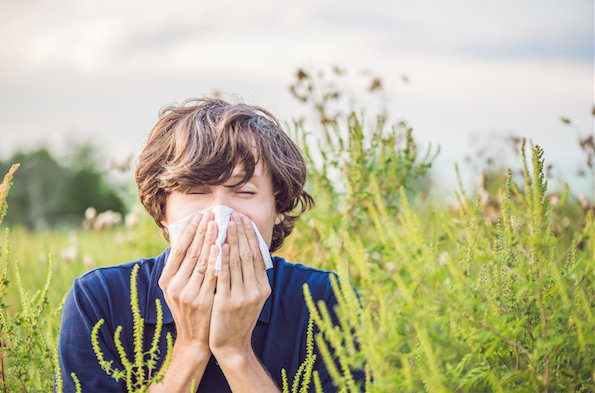March is National Kidney Month, making it a great time to take charge of your health to lower your chances of developing kidney disease. Your kidneys filter your blood to remove waste and extra water to create urine. They also make vital hormones that produce red blood cells, promote bone health and regulate your blood pressure. As such, the kidneys play a vital role in your body.
Risk Factors
Today, 37 million Americans are affected by kidney disease—and most won’t have symptoms unless their kidneys fail. There are numerous physical signs of kidney disease, but most people attribute them to other conditions. If you have one of these risk factors, you may be at risk for kidney disease:
- • High blood pressure
- • Heart disease
- • Diabetes
- • Being overweight
- • Family history of kidney disease
It’s even more critical to understand your kidney health amid the pandemic. Kidney disease increases your risk of developing life-threatening complications from COVID-19.
Kidney-friendly Tips
Your kidneys work hard for you, so it’s essential to take good care of them. Consider the following tips:
- • Get tested. Regular screening for kidney damage or disease can help you keep track of your kidney’s health and help prevent future damage.
- • Reduce over-the-counter drug usage. Nonsteroidal anti-inflammatory drugs (e.g., ibuprofen) can cause kidney damage if taken regularly, so never exceed the recommended dosage.
- • Exercise regularly. Exercising helps lower your blood pressure and boost heart health—both critical factors in preventing kidney damage. Focus on being active for at least 30 minutes a day.
- • Eat a healthy diet and monitor your weight. Choose a low-sodium diet, avoid processed meats and focus on fresh ingredients like cauliflower, blueberries, fish and whole grains.
- • Drink plenty of fluids. Water helps flush sodium and toxins from your kidneys. It’s recommended that men should get about 15 . cups of fluids each day, and women need about 11 . cups.
Contact your doctor for more information about kidney health and warning signs. Read More















